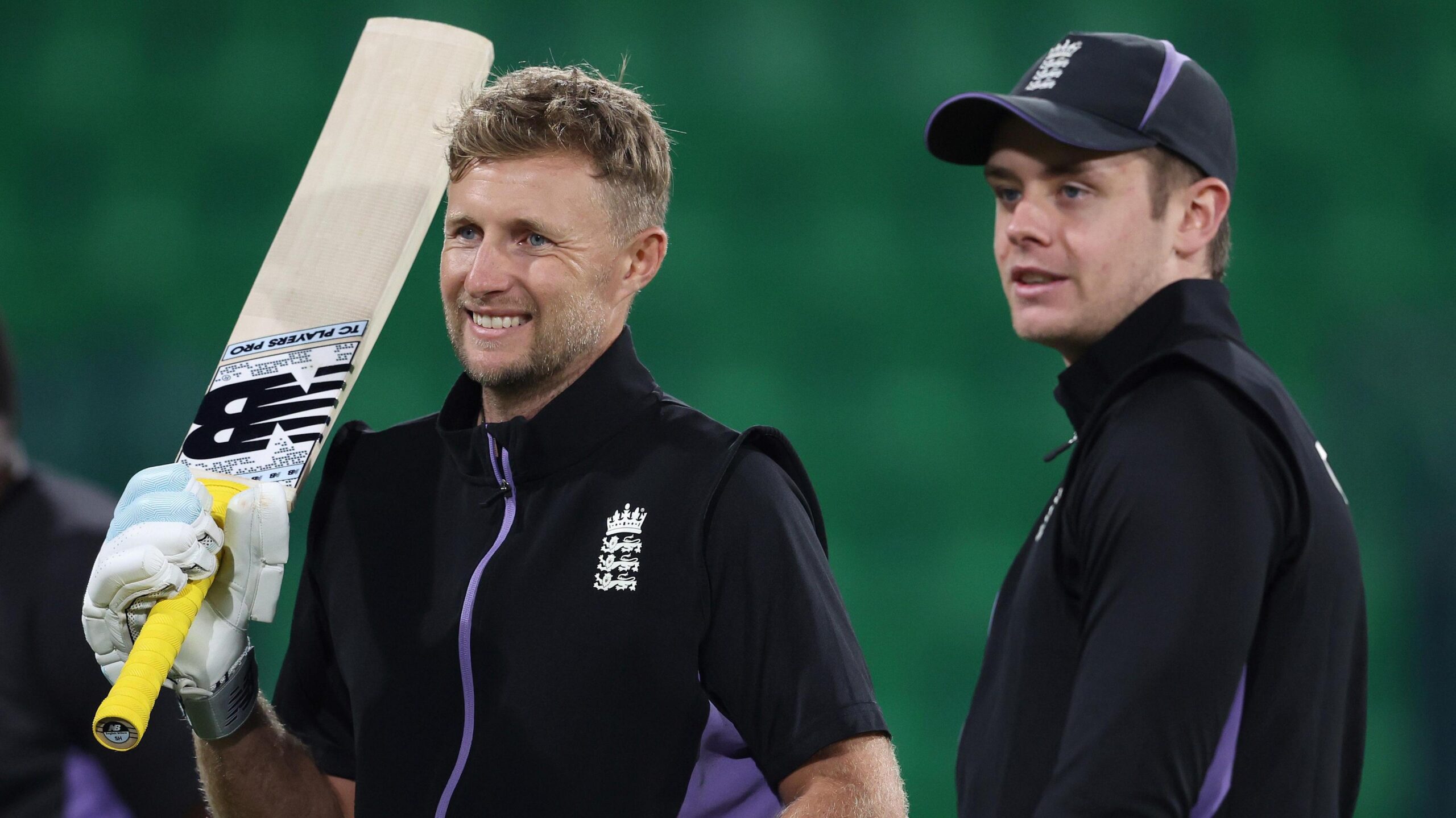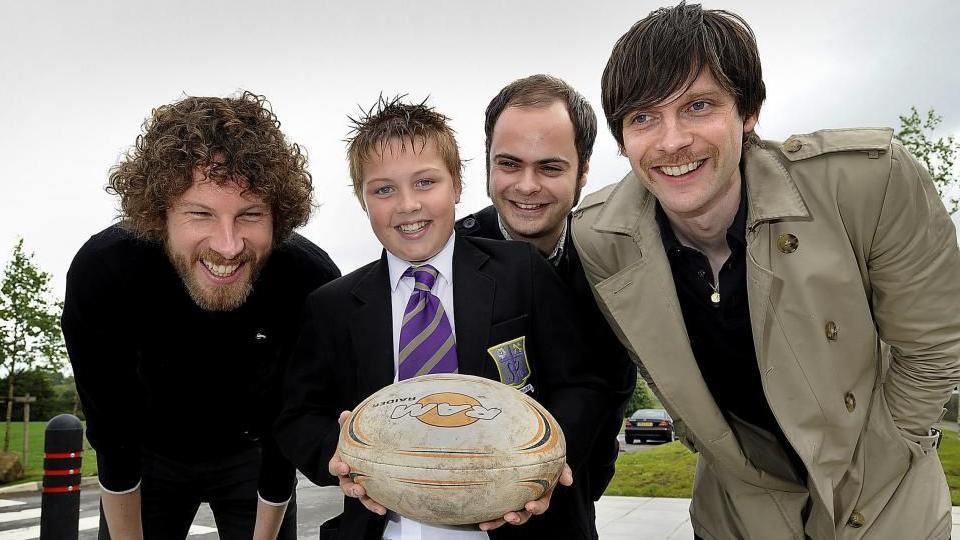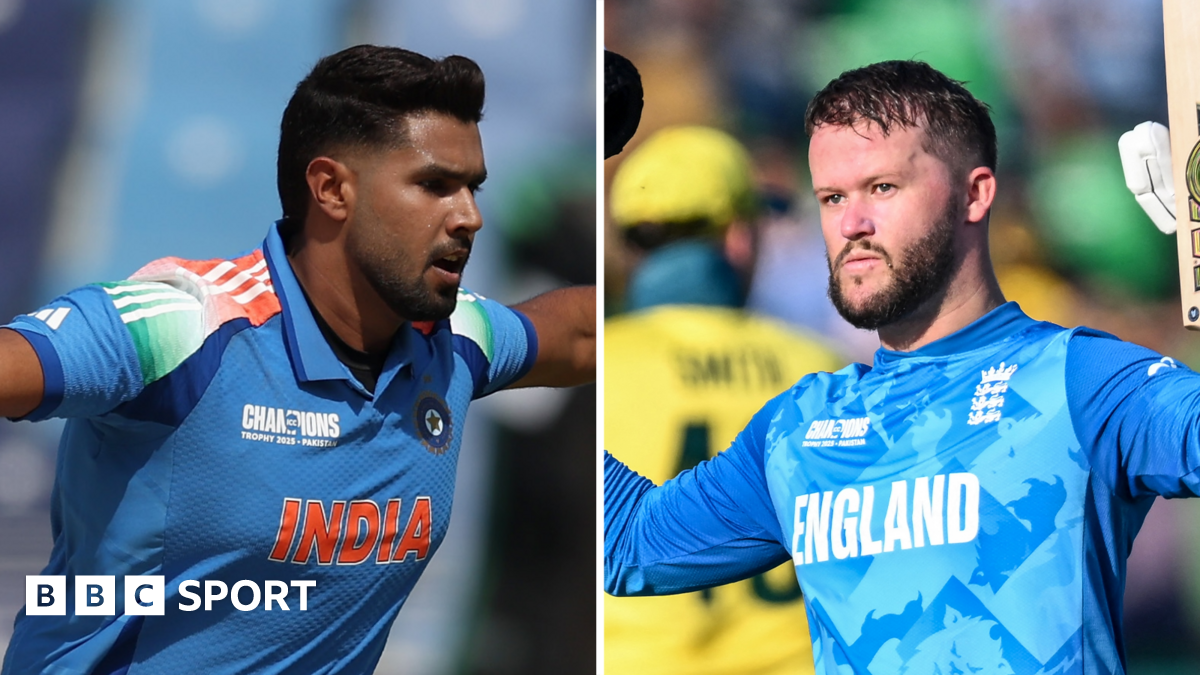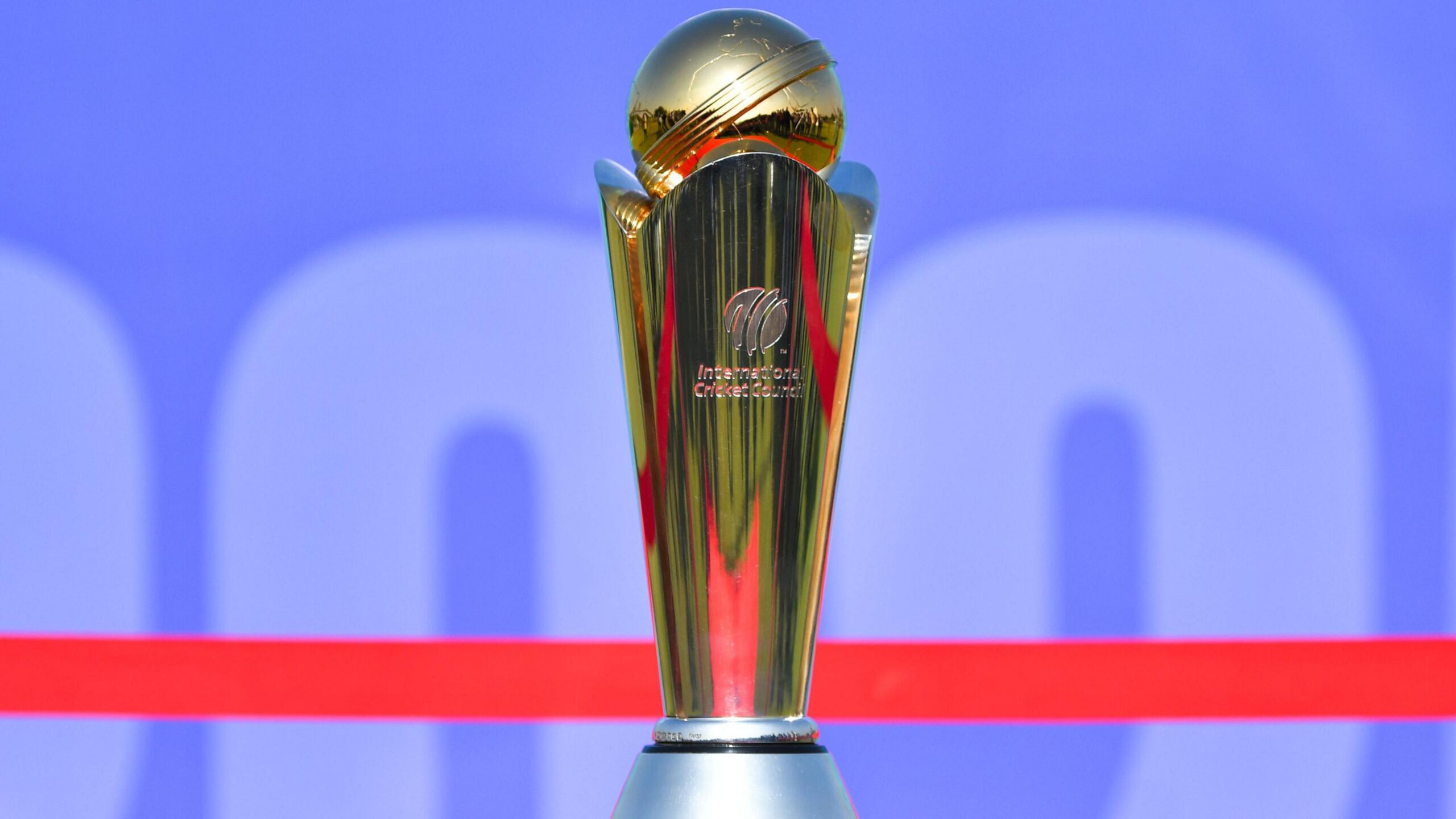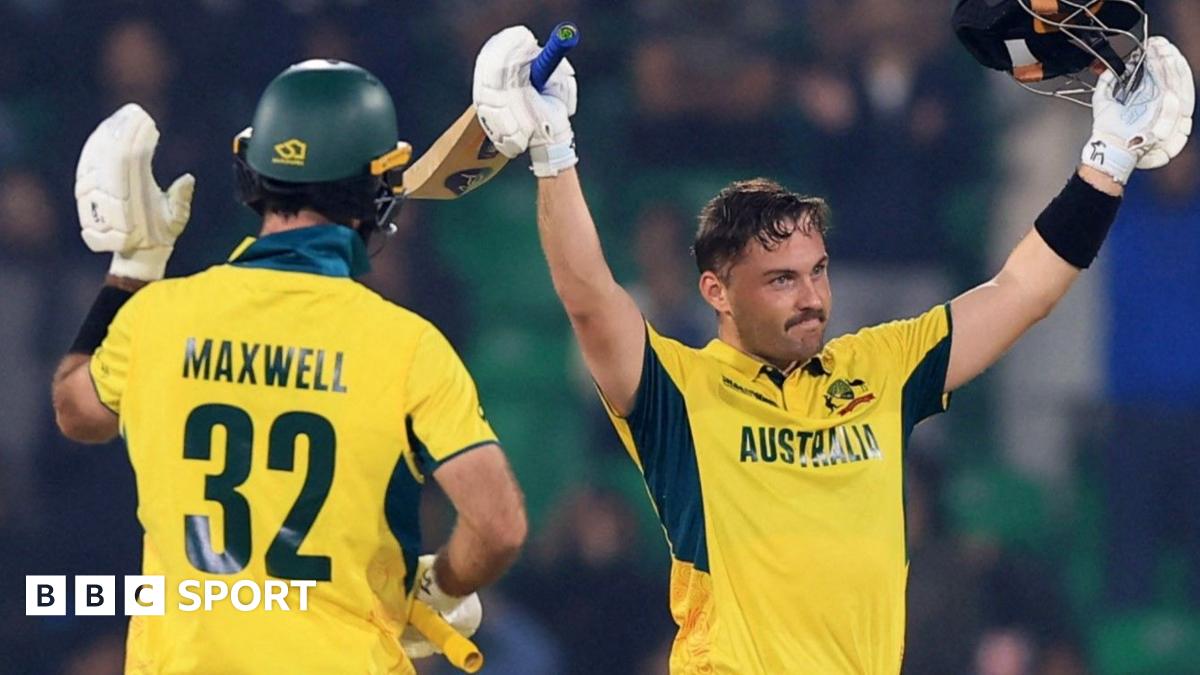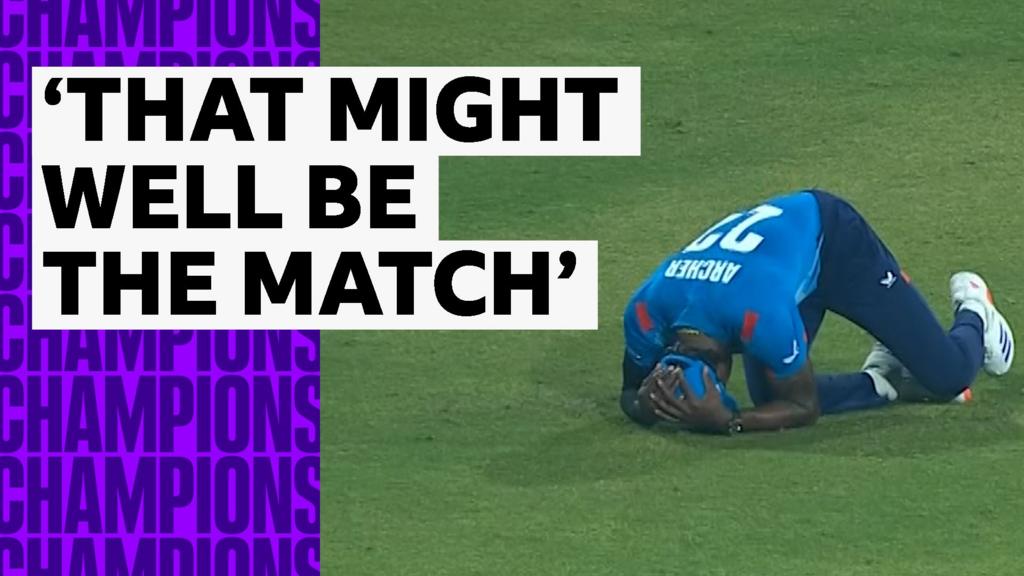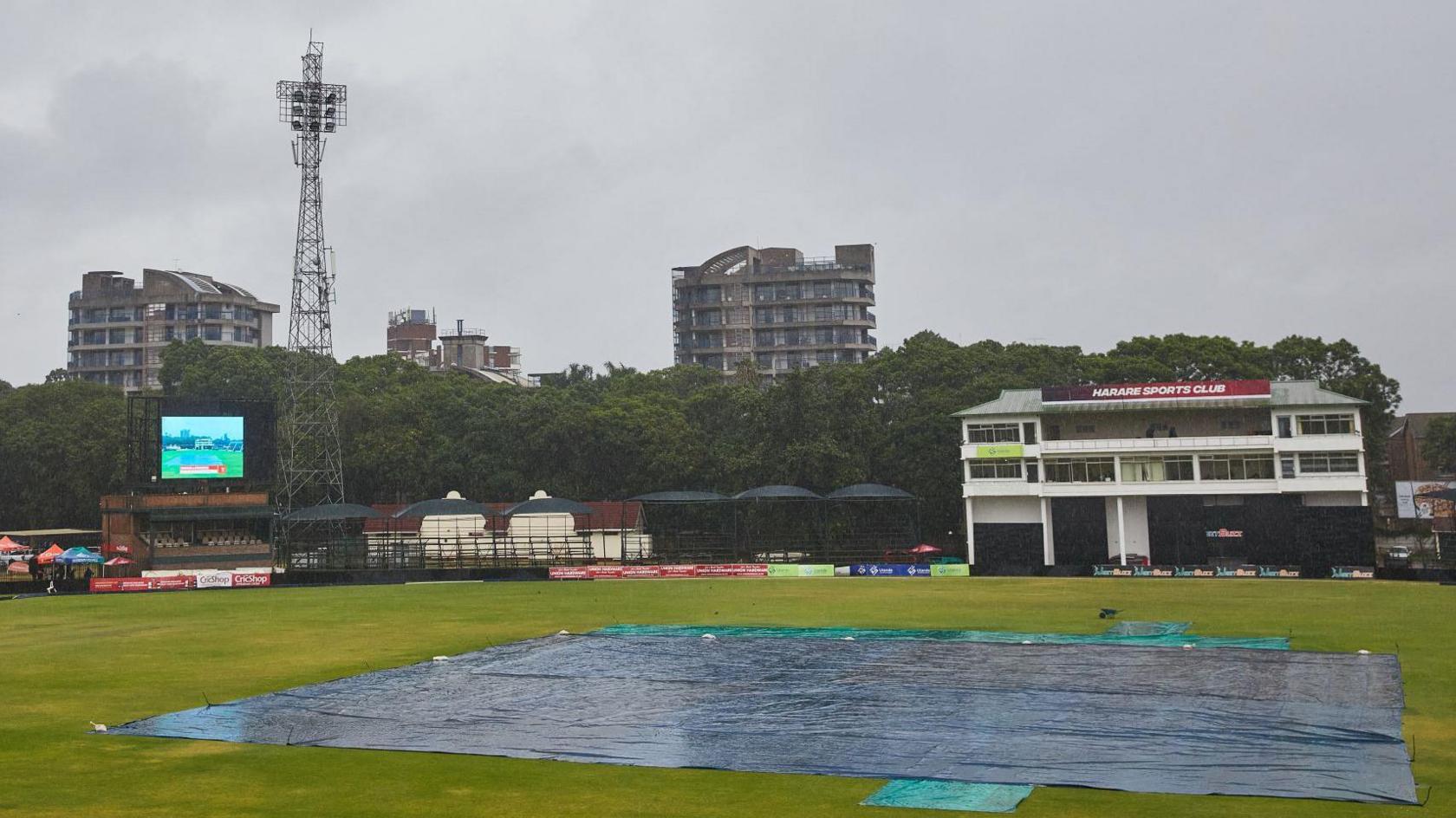This video can not be played
To play this video you need to enable JavaScript in your browser.
-
22 minutes ago
It looks, on the face of it, a confusing decision.
England have promoted Jamie Smith to bat at number three in their opening match of the Champions Trophy – a position he has filled once in his entire professional career.
That occasion was against Kent for Surrey way back in 2019. On Saturday he will do so against Australia in Lahore.
“He’s a really exciting player, who has obviously taken to international cricket so well and we feel he’s got a huge amount to offer in that role,” captain Jos Buttler said.
So what is England’s thinking?
The case for Smith
The move looks to be the latest aggressive tactic employed by England under coach Brendon McCullum.
Smith is yet to score a fifty in his seven one-day internationals but impressed in his first summer in Test cricket last year.
His 67 in the third Test against Sri Lanka, when he took 52 runs from his last 18 balls with powerful yet technically correct boundary hitting, was the clearest example of why England view his batting as potentially game-changing.
And while he replaces arguably England’s greatest number three in ODI cricket in Joe Root, who excelled in the role up to and during the 2019 World Cup win, the hierarchy clearly believe Smith is the better option to attack the powerplay if a wicket should fall in the first 10 overs.
That would leave Root to play his more measured role after two wickets have fallen rather than one.
“That top three of Duckett, Salt and Smith can be really aggressive and impose themselves and try and play a match-defining innings, with the blanket of Root, Brook and myself and Livi [Liam Livingstone] behind,” captain Jos Buttler explained.
Australia used a similar tactic during their 2023 World Cup win with Mitchell Marsh coming in at three ahead of Steve Smith and Marnus Labuschagne.
What does it mean for Root?
The logic is there but it remains a significant risk, given Smith’s lack of experience.
Buttler was non-committal when asked if Smith would have batted at three against India earlier this month had he not been ruled out with a calf injury.
Buttler was also not drawn on how Root’s skills – a fine player of spin in the middle overs of an ODI – impacted the discussion, saying “we just feel like it’s a nice combination for us at the moment”.
The statistics, though, suggest there may be something in it, as great as Root is.
In his past 23 ODI innings, Root averages 18.8 in 17 matches when coming in during the powerplay, compared to an average of 74.2 when facing his first ball after the 10th over.
He has been dismissed 10 times in the first 10 overs in that time.
What about Buttler?
The result of Smith’s promotion also means Buttler is pushed down a place to number six, despite some suggesting he should come up the order.
Buttler has struggled for ODI form for some time. Since becoming captain in 2022 he averages 33.13 in the format, compared to 41.2 before.
He has batted at number six more than any other position, although not regularly since before 2019.
“It’s where I’ve had the most impact and I want to try and double down on that super strength of being in the middle order, playing impactful innings and being really true to my own identity as a cricketer,” Buttler said.
“That’s really something I’m tapping back into.
“Over a period of time that’s the way I’ve played and that’s what I want to get out of this tournament and going forward.
“Over the rest of my career I want to be true to that and if I can I’ll be very content.”

